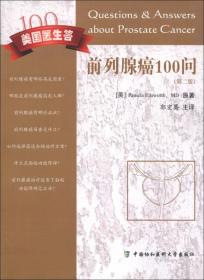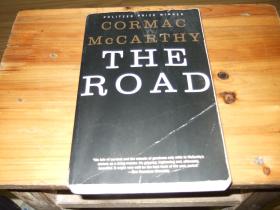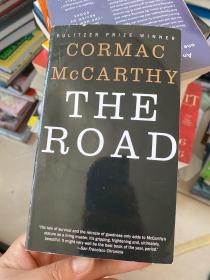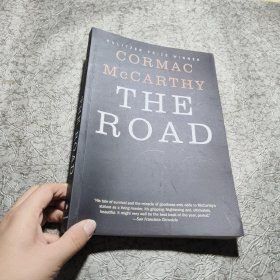
THE ROAD LESS TRAVELED
扉页有字
¥ 10 八五品
仅1件
山东菏泽
认证卖家担保交易快速发货售后保障
作者M. Scott, M.D. Peck
出版社Touchstone, 1978.
出版时间1978
装帧其他
货号24-2
上书时间2024-09-09
- 在售商品 暂无
- 平均发货时间 7小时
- 好评率 暂无
- 店主推荐
- 最新上架
商品详情
- 品相描述:八五品
- 扉页有字
图书标准信息
- 作者 M. Scott, M.D. Peck
- 出版社 Touchstone, 1978.
- 出版时间 1978
- ISBN 9780671250676
- 定价 182.00元
- 装帧 其他
- 开本 其他
- 页数 315页
- 【内容简介】
- Amazon.com By melding love, science, and religion into a primer on personal growth, M. Scott Peck launched his highly successful writing and lecturing career with this book. Even to this day, Peck remains at the forefront of spiritual psychology as a result of The Road Less Traveled. In the era of I'm OK, You're OK, Peck was courageous enough to suggest that "life is difficult" and personal growth is a "complex, arduous and lifelong task." His willingness to expose his own life stories as well as to share the intimate stories of his anonymous therapy clients creates a compelling and heartfelt narrative. --This text refers to an out of print or unavailable edition of this title. From Publishers Weekly Psychotherapy is all things to all people in this mega-selling pop-psychology watershed, which features a new introduction by the author in this 25th anniversary edition. His agenda in this tome, which was first published in 1978 but didn't become a bestseller until 1983, is to reconcile the psychoanalytic tradition with the conflicting cultural currents roiling the 70s. In the spirit of Me-Decade individualism and libertinism, he celebrates self-actualization as life's highest purpose and flirts with the notions of open marriage and therapeutic sex between patient and analyst. But because he is attuned to the nascent conservative backlash against the therapeutic worldview, Peck also cites Gospel passages, recruits psychotherapy to the cause of traditional religion (he even convinces a patient to sign up for divinity school) and insists that problems must be overcome through suffering, discipline and hard work (with a therapist.) Often departing from the cerebral and rationalistic bent of Freudian discourse for a mystical, Jungian tone more compatible with New Age spirituality, Peck writes of psychotherapy as an exercise in "love" and "spiritual growth," asserts that "our unconscious is God" and affirms his belief in miracles, reincarnation and telepathy. Peck's synthesis of such clashing elements (he even throws in a little thermodynamics) is held together by a warm and lucid discussion of psychiatric principles and moving accounts of his own patients' struggles and breakthroughs. Harmonizing psychoanalysis and spirituality, Christ and Buddha, Calvinist work ethic and interminable talking cures, this book is a touchstone of our contemporary religio-therapeutic culture. Copyright 2003 Reed Business Information, Inc. --This text refers to the Paperback edition. See all Editorial Reviews
点击展开
点击收起
相关推荐
— 没有更多了 —
































以下为对购买帮助不大的评价